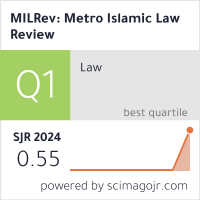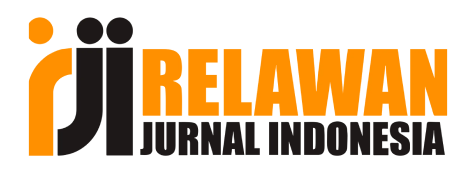An Exploration of the Innovation Developed and Adopted by Indonesian Online Zakat Institutions in the Era of Smart Society 5.0
DOI:
https://doi.org/10.32332/milrev.v2i2.8091Keywords:
Innovation, Online Zakat Institution, Smart Society 5.0Abstract
This article aims to examine the paradigm shift towards Smart Society 5.0, a concept which has been observed to significantly influence diverse aspects of human existence, including the economic realm, with specific emphasis on the management of zakat. Furthermore, the investigation thoroughly explores aspects such as the advancements made by online zakat institutions in Indonesia, as well as opportunities and challenges presented within the framework of Smart Society 5.0. In order to achieve the stated aim, three online zakat institutions were examined in this article namely Dompet Dhuafa, Lazismu, and Rumah Zakat using a qualitative method with content analysis. The obtained results showed that online zakat institutions present great opportunities in the era of Smart Society 5.0, hence, leading to the categorization of Indonesia as a country that supports the achievement of sustainable development. Based on observations, the aforementioned institutions have experienced continuous growth, as well as developed and adopted various innovations through the use of technology while also paying substantial attention to the welfare and needs of the community. Over the years, Indonesia has shown immense potential for zakat, as evidenced by the rising community interest. This trend is further facilitated by the introduction of effective and efficient online zakat platforms, which use advancements in technology and science for seamless integration and operation. Moreover, it is important to acknowledge that online zakat institutions in the 5.0 era must address several challenges. These include enhancing knowledge and literacy regarding online Zakat among potential contributors, fostering muzakki consciousness, and ensuring trust through increased institutional accountability and transparency in fund collection. Additionally, it is crucial that these institutions implement robust management supervision systems, promote the awareness and adoption of e-zakat through effective socialization efforts, uphold the concept of continual innovation, strengthen resources, and reinforce adopted regulatory frameworks.










